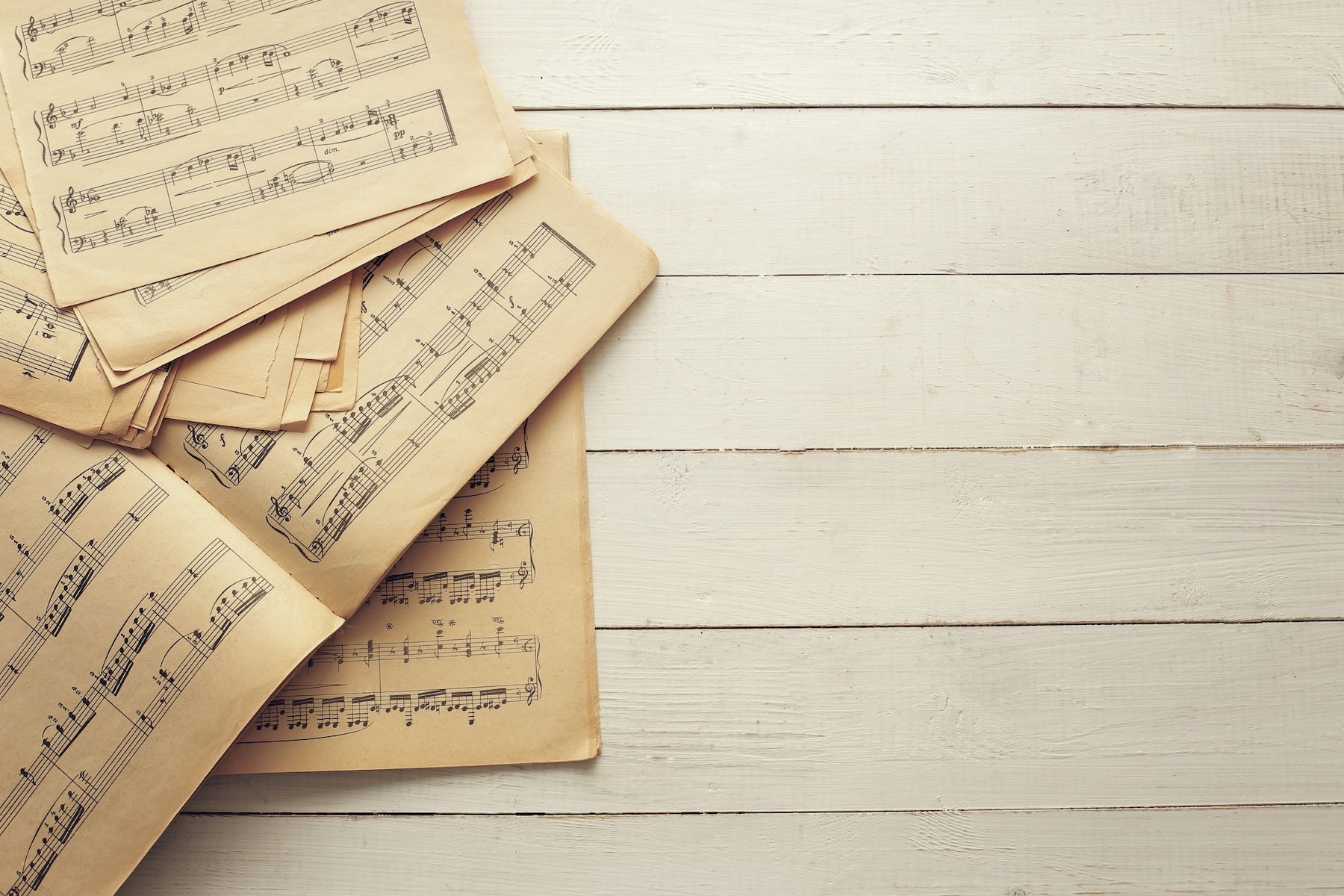The Ten Most Famous Classical Compositions
Classical music has many admirers and connoisseurs who are able to recognise a composition by Mozart or Schubert on hearing just the first note. Some people, however, think that classical music is old, overly serious and even boring, which is, of course, far from the truth. We should never make a judgement without a thorough knowledge of the topic or material. In reality, just about everyone knows at least ten classical pieces, although not everyone is able to name the composers or titles of these works. Largely due to advertising and the film industry, the works of the greatest composers are much more popular than you may think. Below is a selection of ten of the most famous classical compositions.

1. Ode to Joy, Ludwig van Beethoven. The Ode to Joy is from Beethoven’s Ninth Symphony. The last symphony to be composed by the German master is considered his masterpiece. The Ode to Joy is a march of elation that carries a strong message of peace and brotherhood, which is why it was adopted as the European anthem in 1972. It also forms part of the soundtrack to a number of films, including Peter Weir’s Dead Poets Society.
2. Spring, Antonio Vivaldi. Spring, or La Primavera, is a concerto for violin and strings from the cycle The Four Seasons. Often heard in commercials, it is Vivaldi’s most famous work and remains one of the most performed compositions throughout the world today.
3. Eine kleine Nachtmusik (Serenade), Wolfgang Amadeus Mozart. Written in 1787, Eine kleine Nachtmusik (A Little Night Music) begins with a simple but powerful allegro and continues with a minuet, ending with a rondo that takes up the main theme. The Serenade conveys a feeling of serenity and peace and is still often used in advertising or film soundtracks today.
4. Radetzky March, Johann Strauss. Composed by Johann Strauss the father to celebrate the return of Marshal Radetzky to Milan after the rebellion in 1848, the Radetzky March is particularly well known because it is always on the programme of the New Year’s concert given by the Vienna Philharmonic.
5. Opera William Tell, Gioachino Rossini. Parts of the opera William Tell were used in Stanley Kubrick’s film A Clockwork Orange and for many years the last section served as the opening theme for various shows on Italian national television.
6. Fifth Symphony, Ludwig van Beethoven. Symphony No. 5 has been included in countless soundtracks, from Fantasia 2000 to Velvet Hands, from V for Vendetta to the quirky disco version on the Saturday Night Fever
7. Piano Concerto No. 1, Pyotr Ilyich Tchaikovsky. Tchaikovsky’s First Piano Concerto is surely one of the most performed piano concertos in the world. The composer dedicated it to Nikolai Rubinstein, the director of the Moscow Conservatory. The latter, however, did not have a high opinion of the composition. He called it “rough and unperformable” and asked the composer to revise it.
8. The Ride of Valkyries from the opera Die Walküre, Richard Wagner. In cult films such as Francis Ford Coppola’s Apocalypse Now, The Ride of Valkyries becomes an integral part of the script. In Federico Fellini’s 8½, it is even featured twice. Among the other films in which the composition appears are The Blues Brothers, Superfantozzi, Seven Beauties and Casper, to name just a few.
9. Opera The Thieving Magpie, Gioachino Rossini. Like William Tell, the overture to The Thieving Magpie forms part of the soundtrack to Kubrick’s A Clockwork Orange.
10. Toccata and Fugue in D minor, BWV 565, Johann Sebastian Bach. Bach composed the Toccata and Fugue in D minor when he was just eighteen years old. It is familiar to everyone, even non-classical music lovers, as it has been used in many commercials and film soundtracks over the years, including Dr Jekyll and Mr Hyde and the famous Disney film Fantasia.
